X: @the_news_21
Thiruvananthapuram: There is a palpable surge in the popularity of Prime Minister Narendra Modi in Kerala, as obvious from the public response to his back-to-back visits to the southern state.
Still, it is not going to be easy for the party to convert the goodwill enjoyed by the supreme leader into electoral gains, going by the specific demographic and political factors as well as the organisational weaknesses.
It will be an uphill task for the party to surmount the challenges and break the electoral jinx in the left-ruled state where the Congress continues to be the alternative.
Modi was in Kerala on January 3 when he addressed a women’s gathering organised by the party, where he punctuated his address with the refrain “Modi’s guarantee”, triggering loud applause. He flew down again on January 16, followed by a slew of programs the next day. On both occasions, his road shows witnessed people coming out in large numbers to wave and cheer him.
The second visit saw him worshipping at the famed Lord Krishna temple at Guruvayur and Sree Ramaswamy temple at Thriprayar. In Guruvayur he also attended the wedding of the daughter of actor-turned BJP leader Suresh Gopi.
Despite the wedding at Guruvayur being a star-studded event with who is who from the Mollywood present, the show was entirely stolen by Modi himself. As is his wont, Modi sent out vibes by blessing not only the couple for whose wedding he was the special invitee but also other couples who tied the nuptial knot in the holy precincts that day.
The focus of both visits was Thrissur in central Kerala. It is there that the BJP is now concentrating all its energy to try and make an electoral breakthrough in Kerala.
Significantly, Suresh Gopi, who a few months back retired from the Rajya Sabha, is pitted to be the party candidate from the Thrissur Lok Sabha seat. He is energetic, vibrant, and a skilled communicator, though he narrowly lost the contest for the Thrissur assembly seat in 2021.
The ever-desperate BJP in the state is pinning all its hope on the tremendous goodwill that Modi enjoys among large sections of the Hindu fold, especially among the upper crust. His standing received a further boost with two influential community organisations—the Nair Service Society and the Sree Narayana Dharma Paripalana Yogam of the Ezhava community– enthusiastically endorsed the Ayodhya temple consecration ceremony slated for January 22.
Both the outfits, well embedded among the two numerically strong Hindu caste groups, called upon people to celebrate the occasion by invoking Lord Ram and lighting diyas at home.
Regardless of the high acceptability of Modi as a strong leader helming India in its journey to emerge as a world power, the question remains how well the party in the state is equipped to make electoral gains by skilfully building on this advantage.
Going by the ground realities, there are grim challenges before the party makes it to the victory stand, at least in a couple of seats like Thrissur or Thiruvananthapuram.
The roadblocks are obvious:
The image of the BJP as essential a Hindu nationalist party, in a state where Muslim and Christian minorities make up nearly half the population. In most constituencies in the state, the strength of minorities is decisive. This makes it obvious that the BJP may not be able to pull off a victory without scaling up the index of Hindu unity.
Winning over at least a slice of minority votes is also crucial to cross the electoral rubicon. Winning over Muslims is well neigh impossible, going by the prevailing mood and the configuration of national and international events.
Large sections of the community are still emotionally not reconciled to the Ayodhya developments. The Hamas-Israel conflict also has an emotional impact on the community, and a feeling is strong that India under the BJP rule has diluted support to the Palestinian cause.
Coming to the Christians, the BJP has, of late, been making concerted efforts to win the goodwill of the community. The party leaders have called on the church heads. But the majority of Christians seem yet to be convinced of the good intentions of the saffron party.
The Christians in Kerala also have strong feelings about the ethnic strife in Manipur and the targeting of Christian institutions in other parts of the country.
Also, unlike the perception outside, Christians are not a monolithic group in Kerala. Though Catholics are the most dominant, Kerala has umpteen number of church denominations, having varied interests that often clash with each other. Appeasing all the disparate groups with a broader approach is hard.
Scaling up the index of the Hindu community is critical for the BJP to bag at least a couple of the Lok Sabha seats. Beneath its progressive veneer, Kerala society has serious fault lines defined by caste and community divides. Both the LDF and UDF have skilfully exploited the subterranean sensitivities for electoral gains over decades, frustrating the BJP’s efforts to build its political project on Hindu unity.
Raising the bar of Hindu unity is all the more important to overcome the challenge of strategic voting by rivals wherever the BJP candidates come perilously close to winning.
Trust deficit in the state leadership is another factor that continues to spoil the BJP’s plans in Kerala. Over the years, the BJP has repeatedly changed its state leadership. But for the initial spurt, such exercises have run off the course sooner than later.
Electoral micromanagement is another big issue that needs to be tackled. This was emphasised by Modi himself when he addressed the party workers during his visit to the state.
Last but not least, identifying good candidates in a few selected seats is an issue that the party leadership needs to address in all seriousness. In Thrissur, the party has almost narrowed in on Sursh Gopi, who appears cut for the role with his regular visit to the area. But the party is yet to spot such candidates in other politically crucial seats including Thiruvananthapuram.
Also Read: Invite to top Cong brass to Ayodhya irks party in Kerala

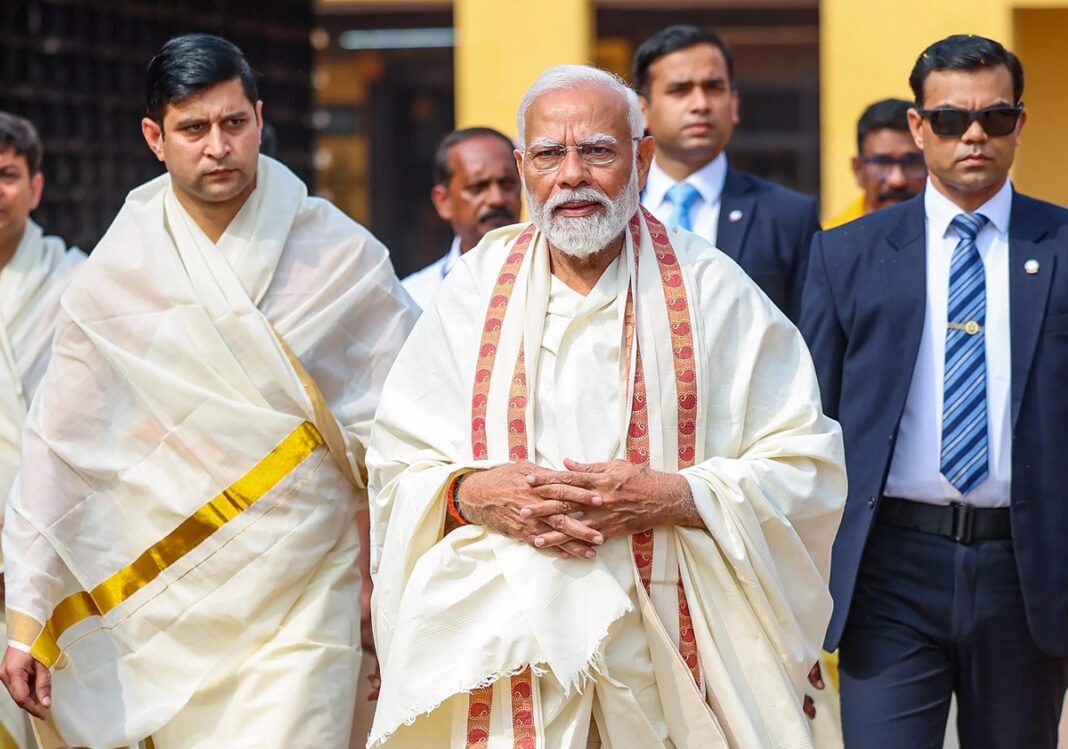
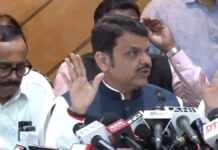
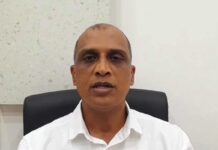
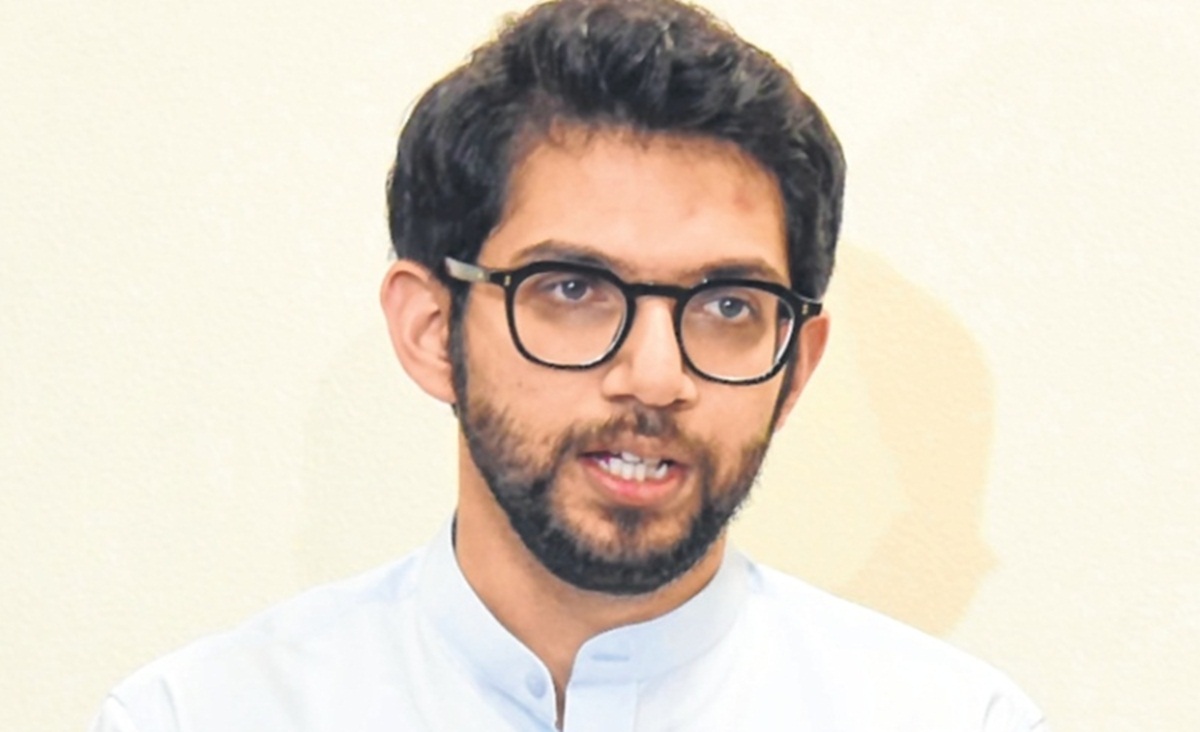
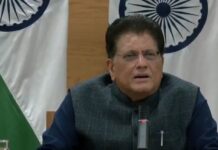
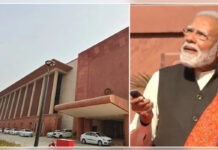

where to buy generic clomiphene without dr prescription cost generic clomiphene without rx clomid medication for women buy clomid without dr prescription get generic clomid without insurance get cheap clomid online where can i buy cheap clomid
This website really has all of the tidings and facts I needed to this case and didn’t comprehend who to ask.
Greetings! Very gainful recommendation within this article! It’s the scarcely changes which choice turn the largest changes. Thanks a lot towards sharing!
zithromax usa – order ofloxacin 200mg generic buy metronidazole 200mg pills
semaglutide 14 mg cost – buy cyproheptadine 4mg online order periactin 4 mg
domperidone 10mg cheap – buy cyclobenzaprine 15mg pills cheap cyclobenzaprine
purchase amoxiclav without prescription – atbioinfo acillin us
order esomeprazole without prescription – https://anexamate.com/ order nexium 20mg online cheap
buy warfarin paypal – anticoagulant buy generic hyzaar
buy meloxicam 7.5mg – swelling order mobic 15mg without prescription
buy ed pills online usa – fast ed to take home remedies for ed erectile dysfunction
buy generic amoxil over the counter – cheap amoxil pills cheap generic amoxil
fluconazole 100mg pills – https://gpdifluca.com/# cost diflucan
cialis 5mg daily – combitic global caplet pvt ltd tadalafil is tadalafil as effective as cialis
cialis las vegas – strong tadafl canadian online pharmacy cialis
buy zantac 150mg generic – zantac 300mg drug buy zantac without prescription
buy viagra from india – https://strongvpls.com/# sildenafil 100mg cost
More posts like this would bring about the blogosphere more useful. este sitio
The vividness in this piece is exceptional. https://buyfastonl.com/
Greetings! Very productive suggestion within this article! It’s the petty changes which liking make the largest changes. Thanks a a quantity towards sharing! https://aranitidine.com/fr/en_france_xenical/
Facts blog you be undergoing here.. It’s hard to on high worth article like yours these days. I really recognize individuals like you! Take guardianship!! https://ondactone.com/spironolactone/
More text pieces like this would create the интернет better.
brand esomeprazole 40mg
This is the kind of writing I truly appreciate. https://lzdsxxb.com/home.php?mod=space&uid=5057539
forxiga 10 mg over the counter – https://janozin.com/ purchase forxiga
buy orlistat paypal – how to get orlistat without a prescription xenical where to buy
I don’t write a comment, but after broowsing through a ton of
remarks on BJP in Kerala has tto work hard to convert the surge in Modi's popularity into electoral
gains. I do have a couple of questions for you if you do not mind.
Is it simply me orr does it appear like some oof these comments appear like they are coming
from brain dead folks? 😛 And, if you are posting onn othr online social sites, I would like to follow you.
Would you post a list of every one of yor social community sites like youir
Facebook page, twitter feed, or linkedin profile? https://glassiindia.Wordpress.com/
Facts blog you procure here.. It’s severely to find strong quality belles-lettres like yours these days. I honestly respect individuals like you! Go through mindfulness!! http://seafishzone.com/home.php?mod=space&uid=2331151
You can conserve yourself and your stock by being alert when buying prescription online. Some pharmacy websites function legally and offer convenience, privacy, cost savings and safeguards to purchasing medicines. buy in TerbinaPharmacy https://terbinafines.com/product/zoloft.html zoloft
More posts like this would add up to the online space more useful. TerbinaPharmacy
搭载智能站群程序,自动化搭建与管理,为SEO项目提供核心驱动力。站群程序
kuwin sở hữu kho game đa dạng từ slot đến trò chơi bài đổi thưởng, mang đến cho bạn những giây phút giải trí tuyệt vời.
搭载智能站群程序,自动化搭建与管理,为SEO项目提供核心驱动力。站群程序
Khám phá thế giới giải trí trực tuyến đỉnh cao tại MM88, nơi mang đến những trải nghiệm cá cược thể thao và casino sống động.
Khám phá thế giới giải trí trực tuyến đỉnh cao tại MM88, nơi mang đến những trải nghiệm cá cược thể thao và casino sống động.
betmgm WA https://betmgm-play.com/ mgm betting app